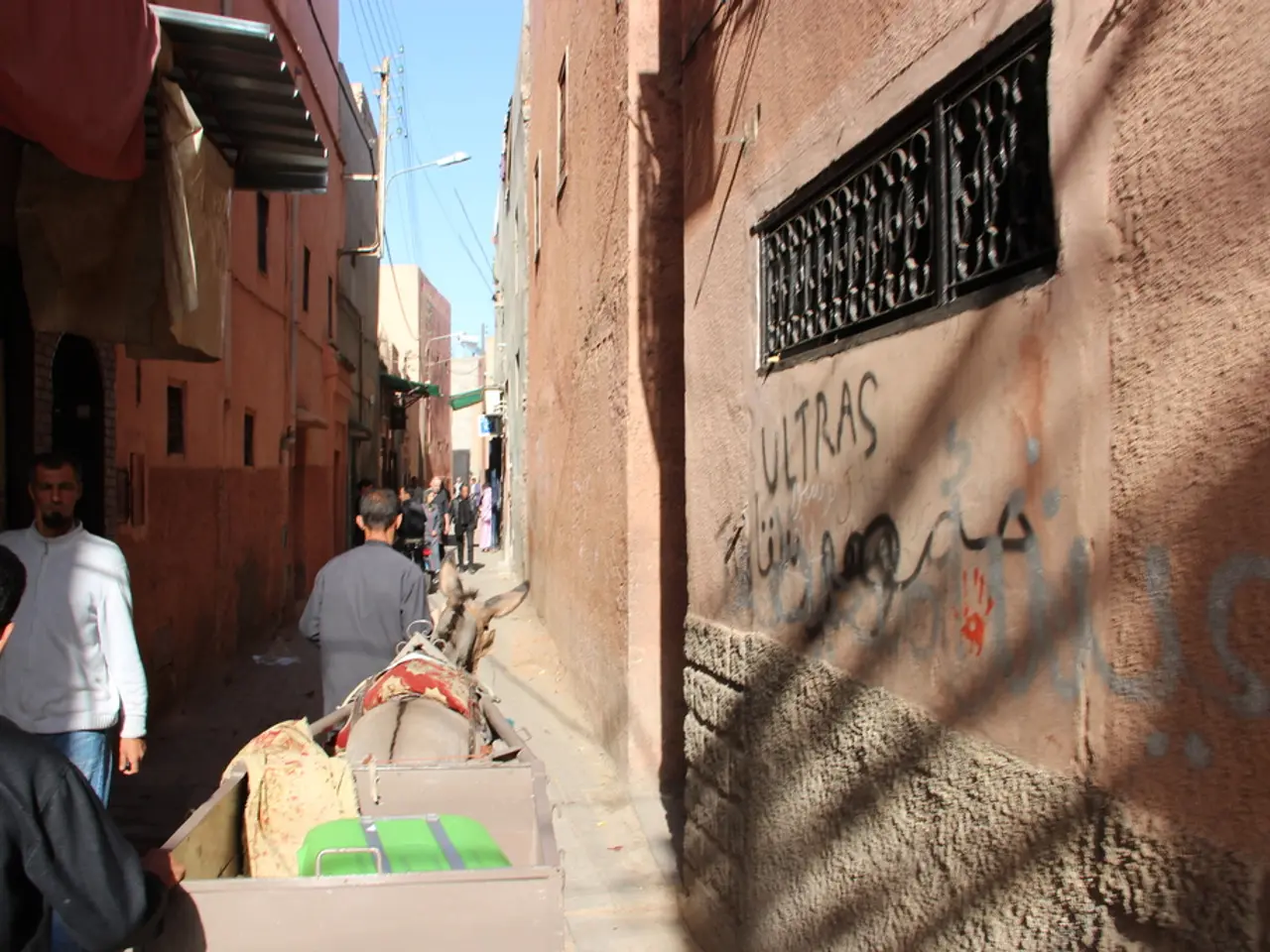Gaza Enduring Severe Food Shortage
In the heart of Gaza, the situation is dire. Intense bombings, insecurity, distress, fear, anxiety, and waiting have become the norm, particularly in the north. After 22 months of relentless aggression, the humanitarian crisis has reached alarming levels.
The humanitarian situation in Gaza is currently in a state of collapse. Acute food shortages, soaring malnutrition, and a collapsing health system are driving this crisis, fuelled by ongoing conflict and restricted access to aid. Malnutrition rates have reached alarming levels, especially among children and pregnant or breastfeeding women. Since the conflict escalated in October 2023, more than 1060 people have died and 7200 have been injured trying to access food amid dangerous conditions.
The World Health Organization (WHO) reports a surge in severe acute malnutrition (SAM) cases, overwhelming Gaza’s four specialized treatment centres, which are running beyond capacity and facing critical shortages of fuel and medical supplies expected to run out by mid-August 2025. The breakdown of water and sanitation infrastructure is accelerating disease spread, compounding the crisis.
Food availability is extremely limited, leading families to risk their lives in search of sustenance. Despite the Israel Defense Forces (IDF) announcing humanitarian pauses and airdrops of aid (including flour, sugar, and canned food) to address malnutrition, aid delivery remains insufficient and disrupted by ongoing hostilities. The Hamas-run Gaza Ministry of Health reports that malnutrition has caused at least 127 deaths since the war began, mostly children, highlighting the urgency of the situation.
The United Nations describes Gaza as a “dystopian landscape of deadly attacks and total destruction,” with children starving and families being killed while seeking food. The militarized and restricted aid system, supported by the US and Israel, is failing to meet demand, prompting calls from UN officials and humanitarian leaders for an immediate, permanent ceasefire and unrestricted humanitarian access.
Amidst this chaos, a local author, still in Gaza, is trying to hold on. They continue to organize activities for children and distribute games, but struggle daily. There are no longer any authorities or civil society to manage the situation, organize the market, and control prices. The author is seeking help from French, Swiss, or Belgian friends for food due to high prices.
The response from associations is that they can't provide anything because everything is expensive. Dishonest merchants in Gaza City recover aid and resell it at much higher prices. For almost two weeks, there’s been a lack of products at the market, with only pasta, canned goods, lentils, white beans, and peas available.
The author personally experiences total distress due to the situation. They sometimes go two or three days without eating, preferring to give food to children. Family and social solidarity has become minimal in the Palestinian enclave. Only two or three supply trucks pass by per day, intended for international organizations.
By Thursday, July 24, 115 Palestinians, including 85 children, had died due to malnutrition. Young people aged 20 to 25 are collapsing in the street due to hunger. From May 27th to the end of July 2025, there have been almost 1130 Palestinian deaths and 6900 injuries.
The author questions the ability of associations to feed hundreds of families as they claim, given the high prices. In the North, nothing is available, nothing in the city of Gaza, everything is very expensive. A real famine has set in Gaza, causing scarcity of products and high prices at markets.
Urgent and sustained humanitarian interventions, including safe passage for aid and delivery of nutritious food and medical supplies, are critical to prevent further deterioration. The conflict in Gaza is directly causing severe food insecurity, malnutrition, and a collapsing healthcare system, with restricted aid access worsening the humanitarian crisis and causing preventable deaths.
- The health-and-wellness situation in Gaza is critical, with malnutrition rates reaching alarming levels, particularly among children and pregnant or breastfeeding women.
- The WHO has reported a surge in severe acute malnutrition (SAM) cases, overwhelming Gaza’s health system and leading to deaths, primarily children.
- In the midst of the crisis, the science of nutrition is crucial in addressing food shortages and malnutrition, which could potentially be addressed by increasing access to nutritious food through fitness-and-exercise programs that promote physical activity and healthy eating habits.
- Mental-health services are needed to help those in Gaza cope with the trauma and stress caused by war-and-conflicts, restricted access to aid, and the resulting fear, anxiety, and desire for migration in search of a better life.
- Politics and general-news must focus on findings sustainable solutions to this crisis, ensuring that aid reaches those in need, improving access to food and medical supplies, and resolving the conflict, ultimately safeguarding the health and wellness of the Gaza population.




